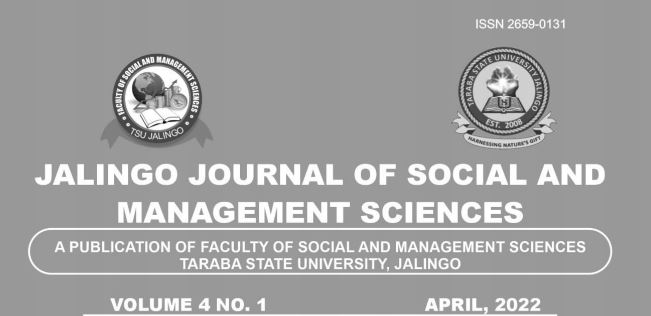An Empirical Investigation of Deficit Financing and Economic Growth in Nigeria
Keywords:
Deficit Financing, Economic Growth, Nigeria, VECMAbstract
The study empirically investigates deficit financing and economic growth in Nigeria and explored the Vector Error Correction Model (VECM) to achieve its objective using annual data from1981 to 2021. This technique is important not only for providing useful information on the long run equilibrium relationship of the variables but also for the purposes of forecasting analysis. It was supported by descriptive statistics, unit root and co-integration tests. The descriptive statistics revealed that the degree of variability of the variables was good, an indication that the data points were spread out over a large range of value while the unit root test indicated that the variables were stationary at first difference. Co-integration showed that there was a long run relationship between deficit financing and economic growth in Nigeria. VECM results indicated that domestic debt and foreign exchange reserves have positive and significant impact on economic growth in Nigeria while external debt and deficit budget have negative and insignificant relationship with economic growth. The study recommended that government should ensure that budget deficit is kept under proper control and ensures that it is expended on capital projects to enhance economic growth in Nigeria while external borrowings should be kept within a certain threshold to avoid debt overhang which could be deleterious to the growth of the Nigerian economy.

Downloads
Published
Issue
Section
License
Copyright (c) 2023 JALINGO JOURNAL OF SOCIAL AND MANAGEMENT SCIENCES

This work is licensed under a Creative Commons Attribution-NonCommercial 4.0 International License.
